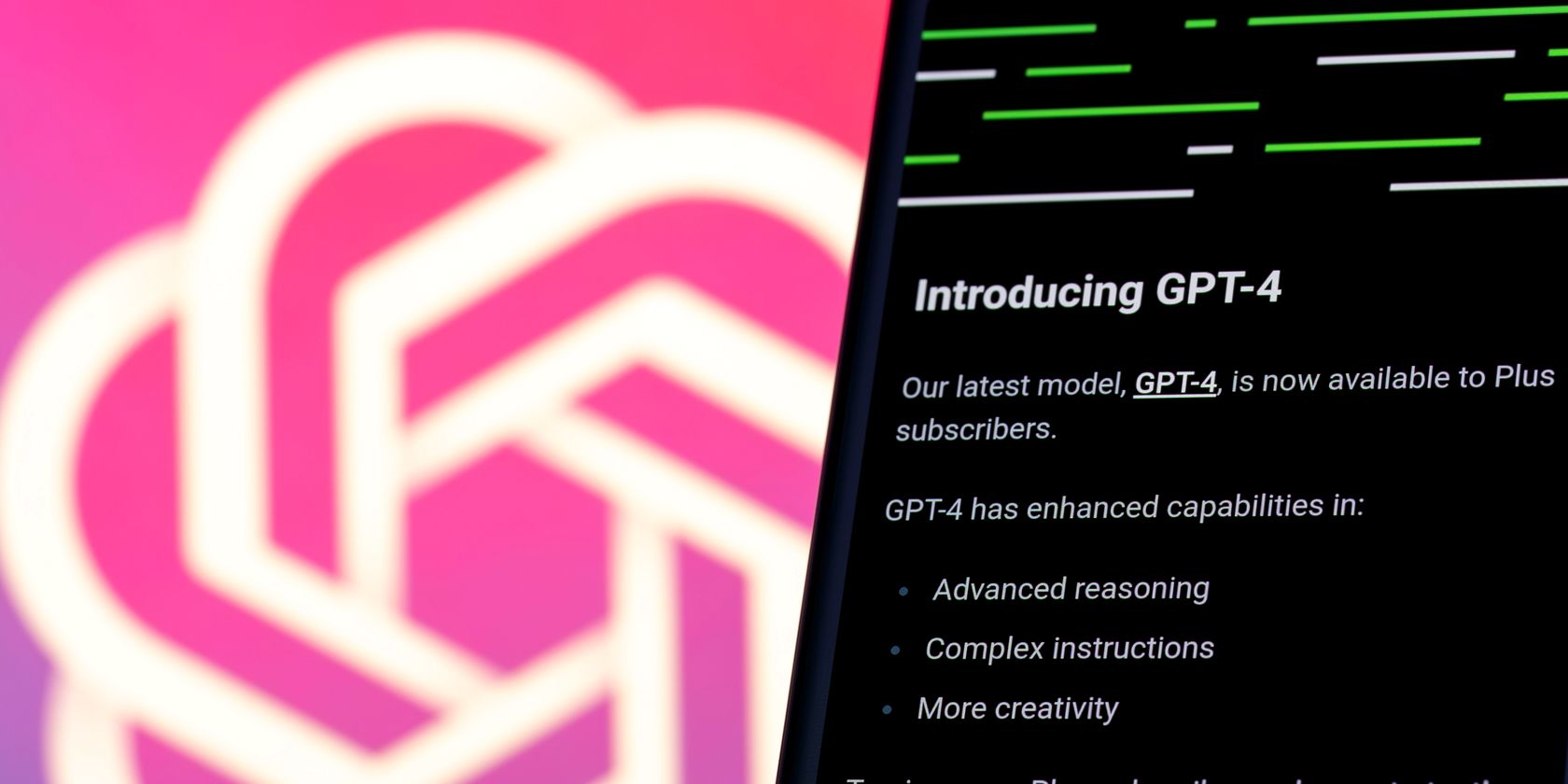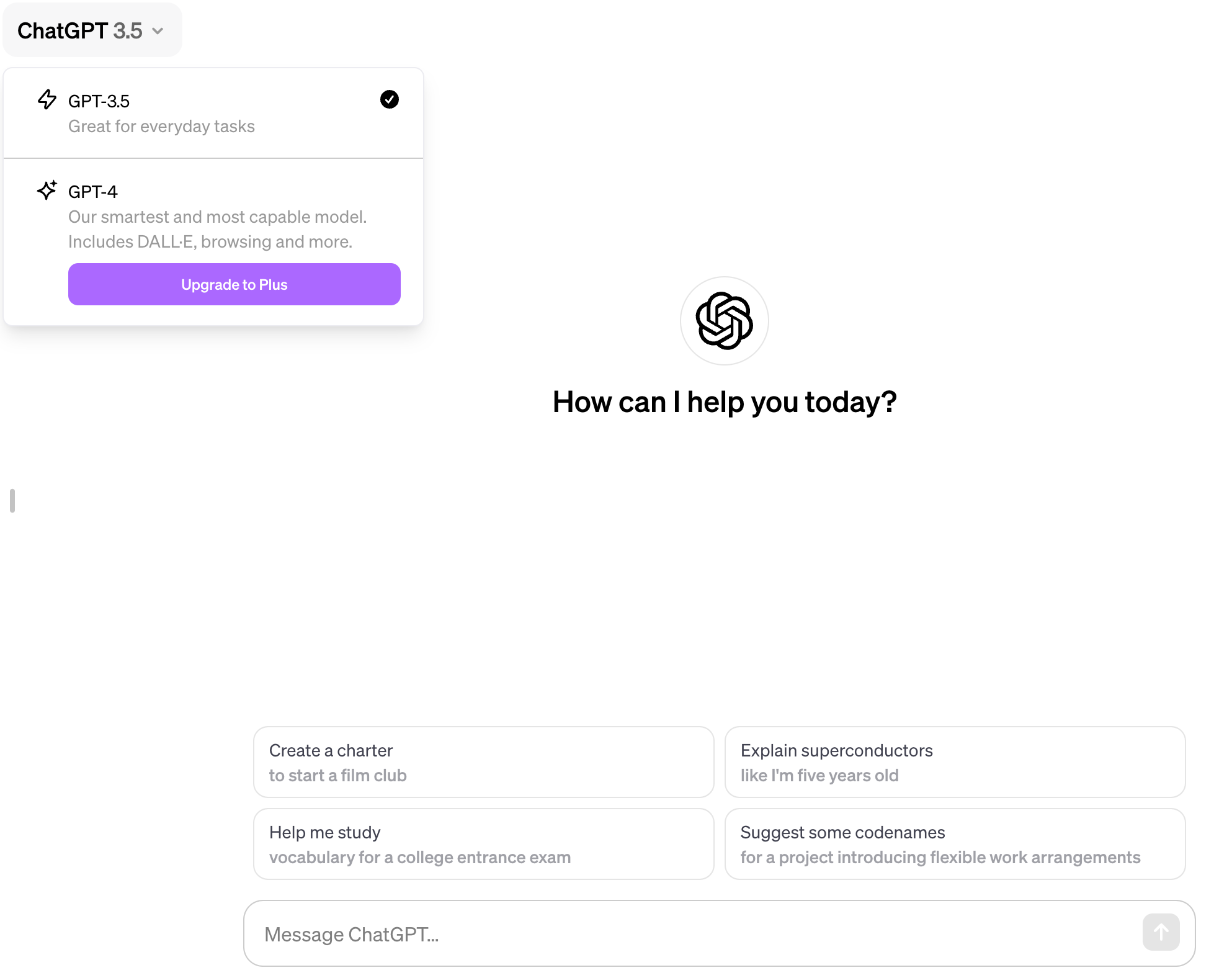ChatGPT can be slow due to high server demand and complex processing requirements. Many users simultaneously accessing the service causes delays.
ChatGPT, developed by OpenAI, is an advanced language model designed for a variety of tasks. Its popularity means that many people use it at the same time, leading to server congestion. The model also processes intricate algorithms to generate human-like responses, which requires significant computational power.
These factors combined can result in slower response times. Users might experience delays, especially during peak hours when the number of requests is highest. Regular updates and optimizations aim to improve speed, but high demand can still impact performance. Understanding these reasons helps manage expectations and ensures a smoother user experience.
Server Load
Server load is a big reason why ChatGPT can be slow. High demand and traffic spikes affect how fast it works. Let’s dive deeper into these issues.
High Demand
ChatGPT is a popular tool. Many people use it daily. The high demand puts pressure on the servers. More users mean more data to process.
Here are some reasons for high demand:
- Schools using ChatGPT for learning
- Businesses using it for customer support
- Individuals using it for fun or help
All these uses increase the server load. When too many people use it at once, it slows down.
Traffic Spikes
Traffic spikes happen when many people use ChatGPT at the same time. This often happens during peak hours. It can also happen during special events.
Consider this table showing peak usage times:
| Time | Usage Level |
|---|---|
| Morning (8 AM – 10 AM) | High |
| Afternoon (12 PM – 2 PM) | Very High |
| Evening (6 PM – 8 PM) | High |
During these times, the server load increases. This makes ChatGPT slower.
Here are some tips to avoid traffic spikes:
- Use ChatGPT during off-peak hours
- Schedule tasks for later in the day
By doing this, you can get faster responses from ChatGPT.
Model Complexity
Understanding why ChatGPT sometimes feels slow requires a closer look at its model complexity. The complexity of the model underpins its performance, making it both powerful and resource-intensive.
Deep Learning Algorithms
ChatGPT uses deep learning algorithms. These algorithms process vast amounts of data. They rely on multiple layers of neural networks. Each layer performs complex calculations. This ensures the model can understand and generate human-like text.
The deep learning algorithms involve:
- Data Preprocessing
- Training on Large Datasets
- Parameter Optimization
These steps require significant computation power. They make the system slower but more accurate.
Resource Intensive Processes
Running ChatGPT is resource-intensive. It needs high-performance hardware. The system uses GPUs and TPUs for faster processing. These resources are costly and limited.
Key resource-intensive processes include:
- Data Loading
- Model Training
- Inference Generation
The table below summarizes the resource needs:
| Process | Resource Type | Impact on Speed |
|---|---|---|
| Data Loading | Memory | High |
| Model Training | GPU/TPU | Very High |
| Inference Generation | CPU/GPU | Medium |
All these factors contribute to the overall slowness. Balancing speed and accuracy remains a challenge.
Network Latency
Network latency is a key reason why ChatGPT can be slow. It refers to the time it takes for data to travel from one point to another. This delay can impact the speed at which ChatGPT processes and returns responses.
Geographical Distance
The distance between the user and the server affects network latency. If the server is far away, the data has to travel a long way. This increases the response time. For instance, a user in Asia connecting to a server in the USA will experience higher latency. This delay can make ChatGPT seem slow.
Internet Speed
Internet speed is another factor that impacts network latency. If the user’s internet connection is slow, data transfer rates will be low. This means it takes longer for data to reach the server and for responses to come back. Faster internet speeds can help reduce this latency. Slow internet speeds will increase the time ChatGPT takes to respond.
Here’s a simple table to illustrate the impact of internet speed and geographical distance:
| Factor | Impact on Latency |
|---|---|
| Geographical Distance | Longer distance increases latency |
| Internet Speed | Slower speed increases latency |
To summarize, network latency caused by geographical distance and internet speed can make ChatGPT slow. Optimizing these factors can help improve response times.
Credit: medium.com
Api Rate Limits
Have you ever wondered why ChatGPT seems slow sometimes? One major reason is API rate limits. These limits control the number of requests you can make in a given time. Understanding this can help you manage your usage better.
Request Throttling
Request throttling is like a traffic cop for APIs. It ensures the system isn’t overwhelmed by too many requests. When you make too many requests quickly, the system slows down. This helps keep the service stable for everyone.
Here’s how request throttling works:
- Each user has a limit on requests per minute.
- Exceeding this limit triggers a delay.
- Delays ensure fair usage among all users.
Request throttling helps balance the system. It prevents overload and maintains quality.
Usage Quotas
Usage quotas set a cap on the total number of requests. These quotas are set to maintain system health. Each user has a quota that resets after a period.
Key points about usage quotas:
| Type | Limit |
|---|---|
| Daily Quota | Number of requests per day |
| Monthly Quota | Number of requests per month |
Exceeding quotas can lead to temporary access restrictions. This ensures fair access for all users. Managing your usage within these quotas is crucial.
Understanding API rate limits helps you avoid slowdowns. Stay within limits to enjoy smooth and efficient service.
Data Processing
ChatGPT processes a huge amount of data to give accurate responses. This process involves several steps that ensure the data is clean, relevant, and timely. Understanding these steps can explain why ChatGPT might sometimes appear slow.
Preprocessing Steps
Preprocessing is the first stage in data processing. ChatGPT needs to clean and organize the incoming data. This includes removing irrelevant information and correcting errors. These steps ensure high-quality data for the model to process.
| Step | Description |
|---|---|
| Data Cleaning | Removes duplicates and irrelevant information. |
| Normalization | Standardizes data formats for consistency. |
| Tokenization | Breaks down text into smaller units for analysis. |
Real-time Analysis
After preprocessing, ChatGPT performs real-time analysis. This involves running complex algorithms to generate responses. The model uses a lot of computational power during this phase. Real-time analysis ensures that the answers are relevant and accurate.
- High computational load
- Complex algorithms
- Accurate and relevant responses
These steps make ChatGPT’s responses highly reliable. But they also take time, which can make the system appear slow.

Credit: hix.ai
Optimization Challenges
ChatGPT has grown in popularity, but its speed can sometimes be slow. The main challenge is optimizing the performance. This involves many factors, including balancing speed and accuracy, as well as hardware limitations. Let’s dive into these optimization challenges to understand better.
Balancing Speed And Accuracy
One of the key challenges in optimizing ChatGPT is balancing speed and accuracy. The model aims to provide accurate and relevant responses. But ensuring high accuracy can slow down the response time.
To achieve this, complex algorithms are used. These require significant processing power. The more accurate the response, the longer it may take to generate.
Balancing these two aspects is crucial. Developers must find a middle ground. They need to ensure quick responses without compromising on the quality.
Hardware Limitations
Another major factor affecting ChatGPT’s speed is hardware limitations. The model relies on powerful servers to process requests. These servers must handle many tasks simultaneously.
High demand can cause delays. If too many users access the service, the servers can become overloaded. This results in slower response times.
Upgrading hardware can help, but it is not a perfect solution. High-end servers are costly and require maintenance. This makes it challenging to scale up quickly to meet demand.
| Factor | Impact on Speed |
|---|---|
| Balancing Speed and Accuracy | High accuracy can slow down responses |
| Hardware Limitations | Overloaded servers cause delays |
To summarize, optimizing ChatGPT involves managing both accuracy and hardware constraints. By understanding these challenges, we can better appreciate why ChatGPT may sometimes be slow.
Future Improvements
ChatGPT’s slowness can be frustrating. But, there are many efforts to make it faster. Let’s dive into the future improvements that can speed up ChatGPT.
Potential Solutions
Several potential solutions can address ChatGPT’s slowness:
- Optimized Algorithms: Developers are working on faster algorithms.
- Advanced Hardware: Using better hardware can boost speed.
- Distributed Computing: Splitting tasks across multiple servers can help.
Ongoing Research
Ongoing research is crucial for improving ChatGPT’s speed:
| Research Area | Focus |
|---|---|
| Model Compression | Making models smaller and faster |
| Efficient Training Methods | Finding ways to train models quickly |
| Latency Reduction | Minimizing delays in response times |
These efforts will make ChatGPT faster and more efficient. Stay tuned for more improvements!

Credit: www.makeuseof.com
Frequently Asked Questions
Why Is Chatgpt Very Slow?
ChatGPT can be slow due to high user demand, server limitations, or complex queries. Try again during off-peak hours.
Why Is Chatgpt So Slow In 2024?
ChatGPT is slow in 2024 due to high user demand and increased server load. Upgrading infrastructure can help improve speed.
How To Make Chatgpt Faster?
To make ChatGPT faster, use a strong internet connection, close unnecessary apps, and clear your browser cache.
Is Chatgpt Slow Right Now?
ChatGPT speed varies based on server load. High demand can slow response times. Check OpenAI’s status page for updates.
Why Is Chatgpt So Slow Sometimes?
High user demand can slow down response times.
How Can I Speed Up Chatgpt?
Try accessing during off-peak hours for faster responses.
Is My Internet Connection Affecting Chatgpt?
Yes, a slow internet connection can impact performance.
Does Chatgpt Have Server Issues?
Occasionally, server maintenance can cause delays.
Conclusion
Understanding why ChatGPT can be slow helps manage expectations. Factors like server load and complex queries impact speed. Patience and optimizing usage can enhance your experience. Stay informed about updates for improved performance. Embrace the benefits while being mindful of occasional delays.
Enjoy exploring ChatGPT’s vast capabilities.


Leave a Reply